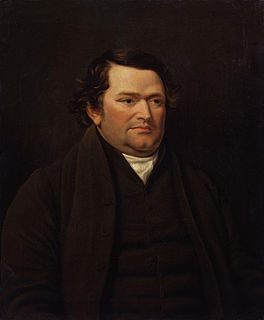A Quote by Joseph Lancaster
All are agreed, that the increase of learning and good morals are great blessings to society.
Related Quotes
Society, civilized society at least, is never very ready to believe anything to the detriment of those who are both rich and fascinating. It feels instinctively that manners are of more importance than morals, and, in its opinion, the highest respectability is of much less value than the possession of a good chef.
Television thus illustrates the mixed blessings of technological change in American society. It is a new medium, promising extraordinary benefits: great educational potential, a broadening of experience, enrichment of daily life, entertainment for all. But it teaches children the uses of violence, offers material consumption as the answer to life's problems, sells harmful products, habituates viewers to constant stimulation, and undermines family interaction and other forms of learning such as play and reading.
Many a man renounces morals, but with great difficulty the conception, 'morality.' Morality is the 'idea' of morals, their intellectual power, their power over the conscience; on the other hand, morals are too material to rule the mind, and do not fetter an 'intellectual' man, a so-called independent, a 'freethinker.'
Pessimism is not in being tired of evil but in being tired of good. Despair does not lie in being weary of suffering, but in being weary of joy. It is when for some reason or other good things in a society no longer work that the society begins to decline; when its food does not feed, when its cures do not cure, when its blessings refuse to bless.



































